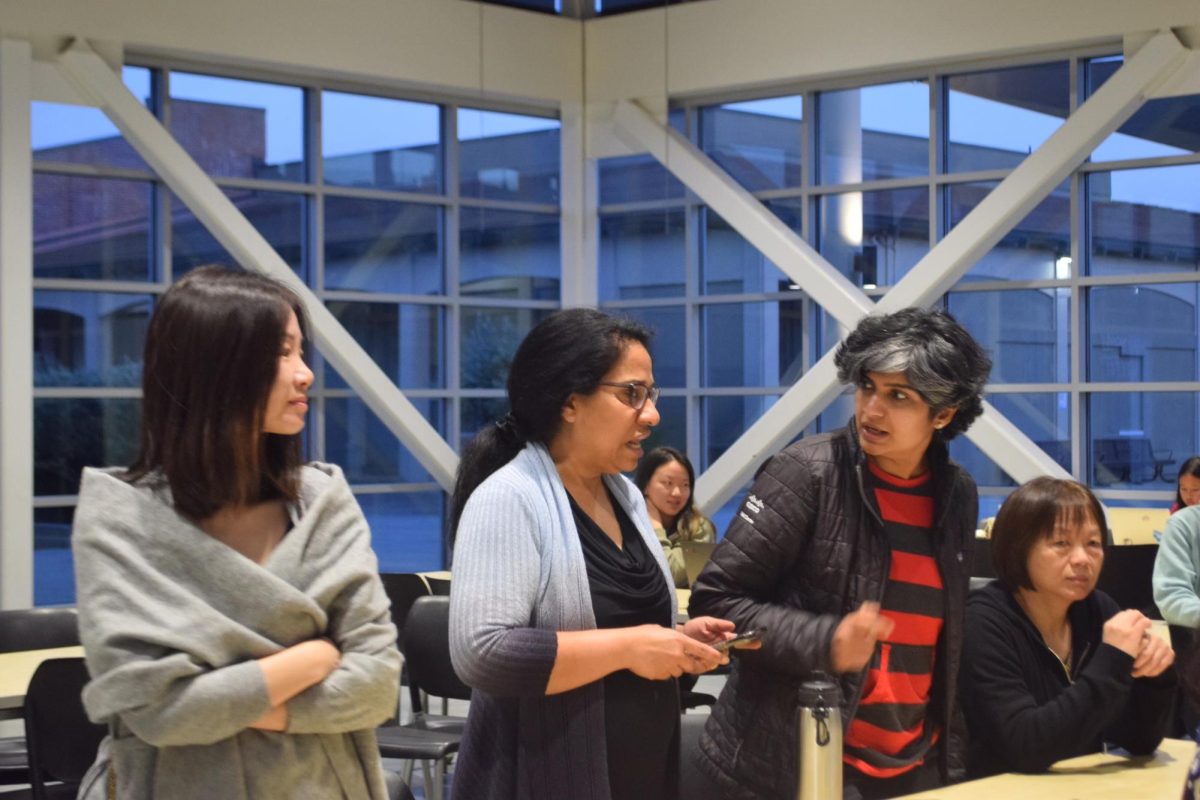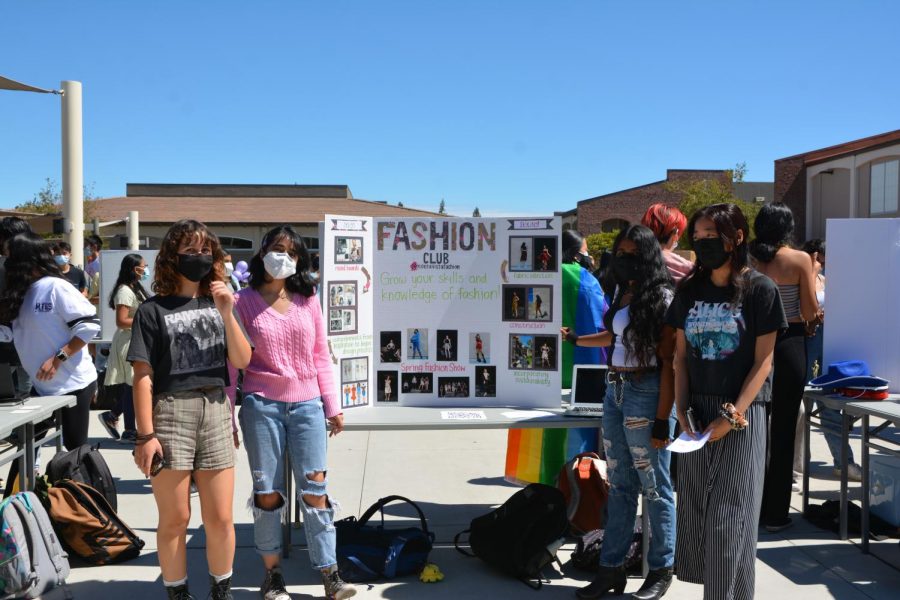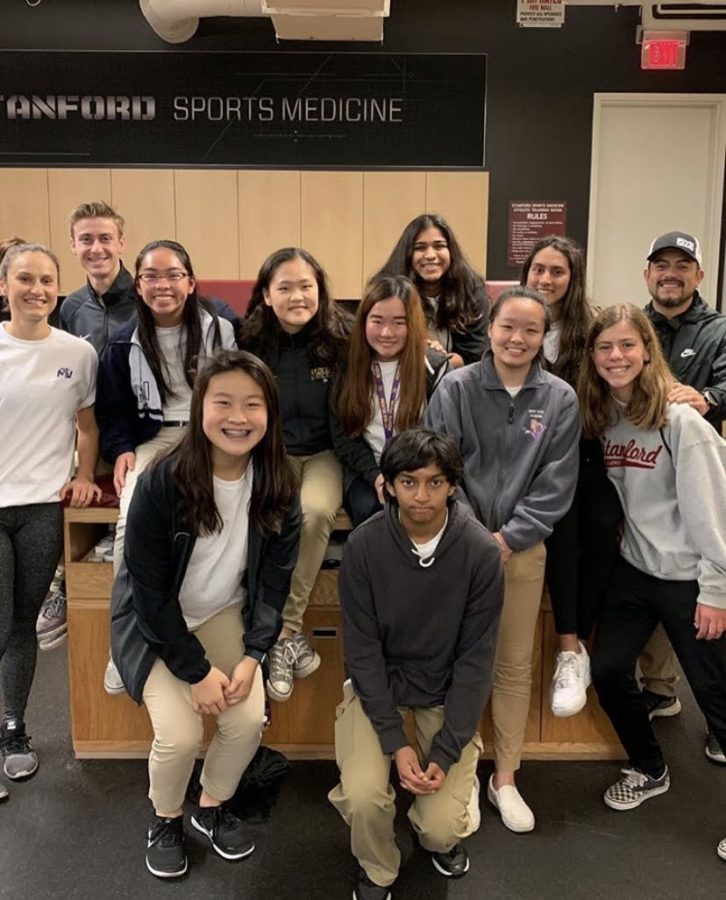This school year, Honors American Literature teachers introduced an addition to the curriculum — rather than watching “Edward Scissorhands” for the film analysis portion of the class, the students watched “Moonlight.”
“Moonlight” is best known for being the first LGBTQ film and the first film with an all black cast to win the Academy Award for Best Picture. The New York Times called it the 20th “Best Film of the 21st Century So Far.” It details the three stages of life of a young black boy named Chiron as he struggles to find his identity, in part due to his inability to come to terms with his sexuality. The decision to add this lauded film into the curriculum came after English teacher Vennessa Nava went to a professional development day.
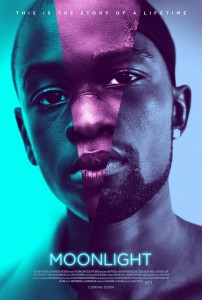
“[Nava] came back from it really excited and said that she wanted to add Moonlight to the curriculum,” English teacher Hannah Gould said.
At the time, the Honors American Literature teachers included Nava, Gould and Mark Carpenter. All three immediately supported the idea, according to Gould.
“I hadn’t actually watched the film yet at that point, but I totally trusted […] that she had a good reason to add it,” Gould said.
The process for adding a new piece into the curriculum usually involves a pilot program, such as the pilot program for “Aristotle and Dante Discover the Secrets of the Universe” by Benjamin Alire Sáenz in this year’s freshman Literature and Writing course. However, the process for adding a movie is much simpler, since a class set of the material doesn’t need to be purchased, according to David Clarke, the head of the English Department.
After deciding whether the material is relevant to the course, the teachers must have it approved by the district and fill out forms which indicate what the material adds to the curriculum, along with the appropriateness of the material such as whether or not it includes violence or nudity. They must also indicate whether the material includes references of racism, sexism or homophobia.
“The reason to point those out are not that they become reasons not to use [the material],” Clarke said. “[The school board] want[s] to know what’s in the book so they can decide whether or not those things, if there is racism or violence or drug use or whatever it happens to be, are integral to the text and that the text has been sufficiently explained as being part of the curriculum.”
Junior Abrar Kazi, an Honors American Literature student, enjoyed the movie, as he felt that it brought a more modern view into the curriculum.
“It was a good movie,” Kazi said. “Usually the books we read are pretty old, so I feel like this added a modern touch to [the curriculum].”
Gould also mentioned that one of the reasons for replacing “Edward Scissorhands,”with “Moonlight” was due to the contemporary problems that the movie deals with. For the film analysis portion in previous years, students watched “Edward Scissorhands,” a 1990 romantic dark fantasy film about an artificially made man with scissors for hands who is shunned by the neighborhood.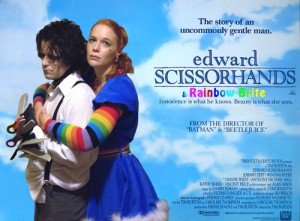
“It’s nice to be addressing real contemporary issues of race and identity that go along with gender identity in films,” Gould said. “I think that it’s great to have more diverse voices that we study in the class instead of focusing on white suburbia and a sort of supernatural outsider.”
Because the movie deals with controversial issues such as sexuality, drug use and violence, the teachers are required to send home a permission slip before watching the movie. Although none of their students opted out this year, both Clarke and Gould recognize that the film’s controversial themes, which discuss sexuality and race, will eventually result in the need of an alternative piece for students who choose to opt out of watching it.
“Officially, students are allowed to opt out for any reason, so we definitely need to think in the future what an alternative text could potentially be,” Gould said. “I definitely think that if a student chose to opt out of this film, it would be a loss for them because clearly we think it’s a really worthwhile film but we’re not going to force anybody to watch it.”









